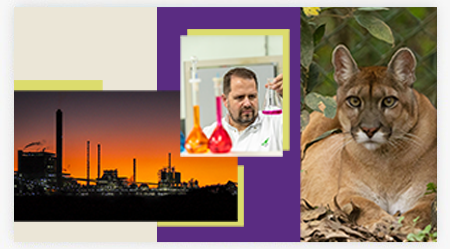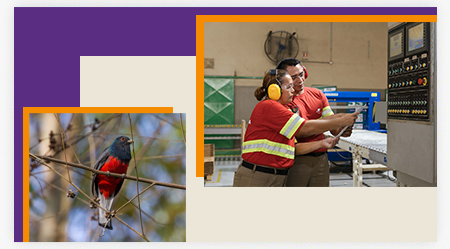KODS
Commitment to sustainable development
The Klabin 2030 Agenda, aligned with the United Nations Sustainable Development Goals, reflects fundamental aspects of the Company's operations and aspirations.
The Klabin Sustainable Development Goals, known as KODS, which comprise this agenda, are a set of short-term (2021), medium-term (2025), and long-term (2030) targets, established to address the sustainability priorities of the Company and stakeholders that impact and/or are impacted by its business.
Materiality
Klabin's materiality process was conducted in 2019, with subsequent review and analysis of each identified requirement.
The adherence table of KODS with the global 2030 agenda, based on the monitored impact indicators, contains the specific indicators of the Klabin Agenda 2030 goals as well as other relevant and that underpin the management of each theme.
Pillars of the Klabin 2030 Agenda encompass 23 material topics
Pilar |
Material topics |
|---|---|
Building a renewable future |
|
Helping build a sustainable economy |
|
Prosperity for people |
|
Technology and innovation |
Adherence to the European Union Taxonomy
In 2023, Klabin hired Sustainalytics Consulting to provide a Second Party Opinion based on the assessment of the Company's activities' adherence to the categories of the European Union (EU) Taxonomy, a detailed classification system defining sustainable economic activities established by EU Regulation 2020/852.
Klabin Theme |
Criterion aligned with European taxonomy |
Justification |
|---|---|---|
Biodiversity |
Conservation forestry, including restoration of habitats, ecosystems and species
|
*After the resolution of the European Union Regulation for Deforestation-free Products (EUDR), criteria for full traceability are added to the monitoring and certification method for responsible forest management provided by FSC and PEFC., for which Klabin's compliance is 100% However, they are still not fully compliant with the requirements of the European Taxonomy. Please access the link to verify the scheduled activity for full compliance. |
Forest Certification |
Afforestation; Forest management |
|
Water Usage |
Construction, extension and operation of water collection, treatment and supply; Construction, extension and operation of wastewater collection and treatment.
Alignment Level: Fully Aligned |
|
Energy Usage |
Installation, maintenance and repair of energy efficiency equipment; Installation, maintenance and repair of renewable energy technologies; Installation and operation of electric heat pumps; 4.1 Electricity generation using solar photovoltaic technology; Electricity generation using concentrated solar power (CSP) technology; Electricity generation from wind power; Electricity generation from bioenergy; Transmission and distribution of electricity.
Alignment Level: Fully Aligned |
|
Climate Change |
Rail freight transportation; Road freight transportation services; Rail transportation infrastructure; Research, development, and innovation for direct air CO2 capture.
Alignment Level: Fully Aligned |
Evolution of the Klabin 2030 Agenda
Advancements in reducing greenhouse gas emissions, increasing the percentage of renewable fuel in Klabin's energy matrix, increasing recycling and reuse of solid waste, reducing water consumption, increasing the number of critical suppliers covered by the Sustainable Supply Chain Management Program, inclusion of municipalities with participatory management, and more women in leadership roles are examples of the company's evolution towards achieving public targets that it committed to reaching by 2030 through the KODS.
The challenge is to maintain the performance of these and other indicators, considering the aspects involved in a growth trajectory like Klabin's. Also highly relevant is the management of indicators related to occupational health and safety, requiring dedicated and continuous effort for the constant improvement of these indices.
Klabin's performance regarding some of these targets can be seen here.
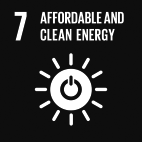
Energy use
Renewable sources accounting for 92% of the energy matrix
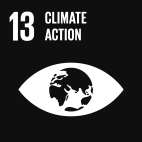
CLIMATE CHANGE
To reduce scope 1 and 2 GHG emissions by 25% per ton of pulp, paperboard and packaging by 2025 and 49% by 2035, starting in base-year 2019
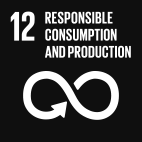
SOCIAL AND ENVIRONMENTAL PERFORMANCE OF SUPPLIERS
100% of the units at the most advance management level of the Hearts and Minds methodology or equivalent
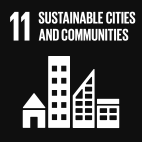
LOCAL DEVELOPMENT
100% of the priority municipalities with incentivized participative management
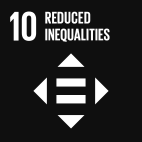
DIVERSITY
30% of women in leadership position

WASTE
Zero destination of industrial waste to landfills

ENERGY USE
100% of certified electricity purchased from renewable sources
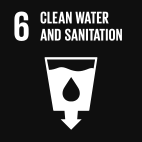
WATER USE
100% of proprietary forest harvesting operations with hydro-solidarity management

CLIMATE CHANGE
To capture 45 million tons of tCO₂eq from the atmosphere
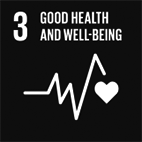
OCCUPATIONAL HEALTH AND SAFETY
Employees with significant effects caused by occupational acidentes considered very serious and permanent



